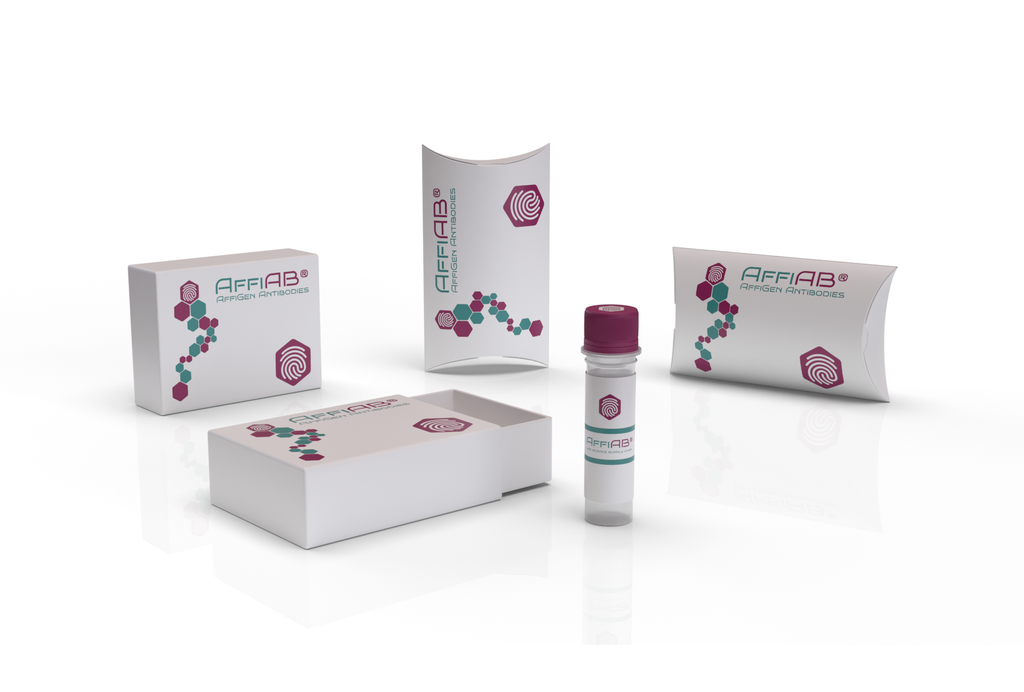AffiAB® Anti-HMGB2 Antibody
High mobility group (HMG) proteins 1 and 2 are ubiquitous non-histone components of chromatin. Evidence suggests that the binding of HMG proteins to DNA induces alterations in the DNA architecture including DNA bending and unwinding of the helix. HMG proteins synergize with Oct-2, members of the NFκB family, ATF-2 and c-Jun to activate transcription. Other studies indicate that phosphorylation of HMG protein is required to stimulate the transcriptional activity of the protein. Human HMG-1 and HMG-2 both contain two DNA-binding domains, termed HMG boxes. HMG proteins bind single-stranded DNA but induce conformational changes in double-stranded DNA alone.
Antibody type
Rabbit polyclonal Antibody
Uniprot ID
SwissProt: P26583 Human; SwissProt: P30681 Mouse; SwissProt: P52925 Rat
Recombinant
NO
Conjugation
Non-conjugated
Host
Rabbit
Isotype
IgG
Clone
N/A
KO/KD
N/A
Species reactivity
Human, Mouse, Rat
Tested applications
WB, IF-Cell, IHC-P
Predicted species reactivity
N/A
Immunogen
Recombinant protein within human HMGB2 aa 22-172.
Storage
Store at +4°C after thawing. Aliquot store at -20°C or -80°C. Avoid repeated freeze / thaw cycles.
Form
Liquid
Storage buffer
1*PBS (pH7.4) , 0.2% BSA, 50% Glycerol. Preservative: 0.05% Sodium Azide.
Concentration
1 mg/mL.
Purity
Immunogen affinity purified.
Signal pathway
N/A
Recommended dilutions
WB: 1:500-1:1, 000; IF-Cell: 1:50-1:200; IHC-P: 1:50-1:200
Molecular Weight
Predicted band size: 24 kDa
Subcellular location
Secreted. Nucleus. Cytoplasm.
Positive control
Mouse testis tissue, LOVO, SH-SY5Y, rat brain tissue, human tonsil tissue, human kidney tissue.
